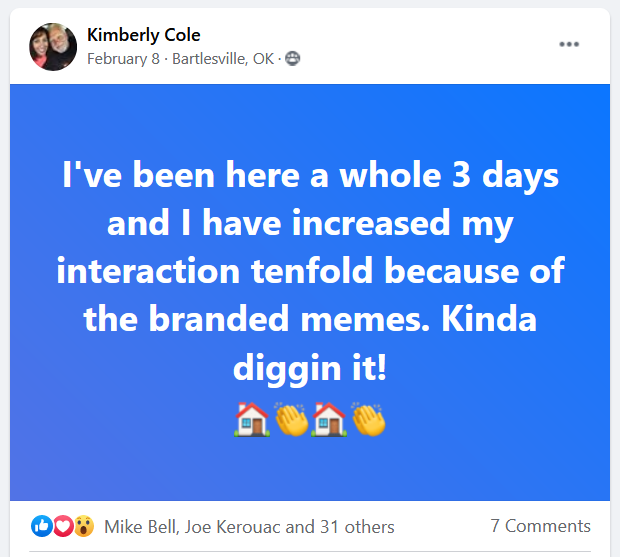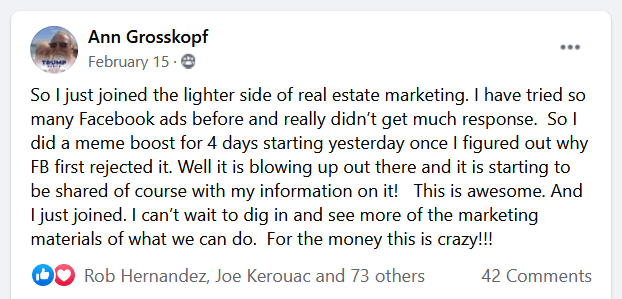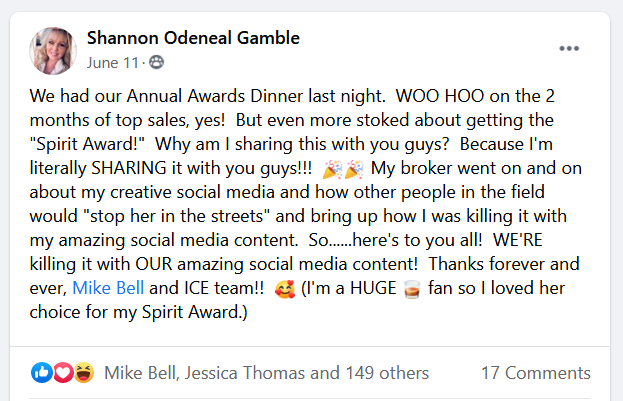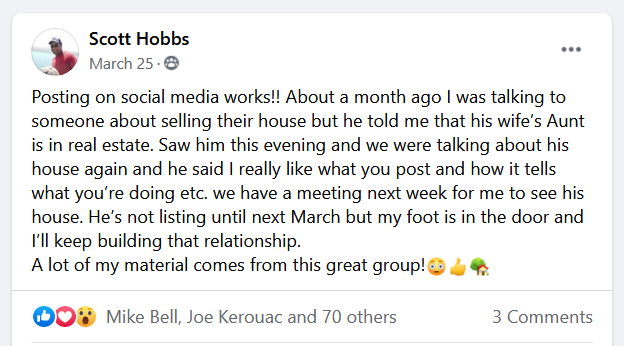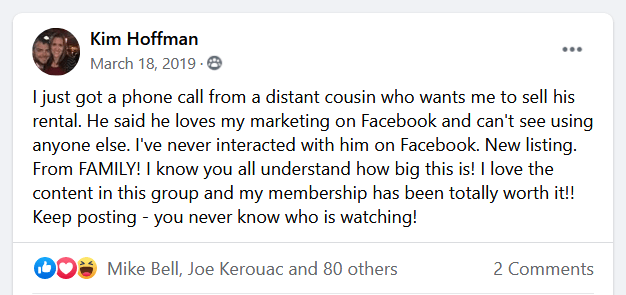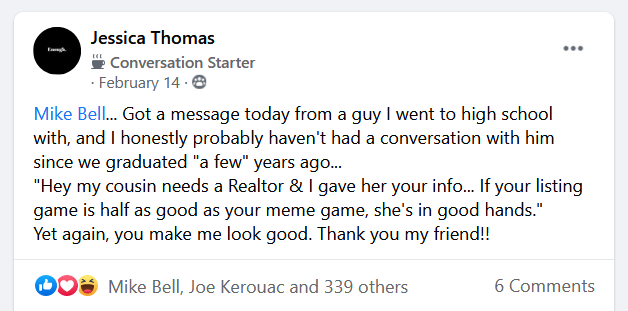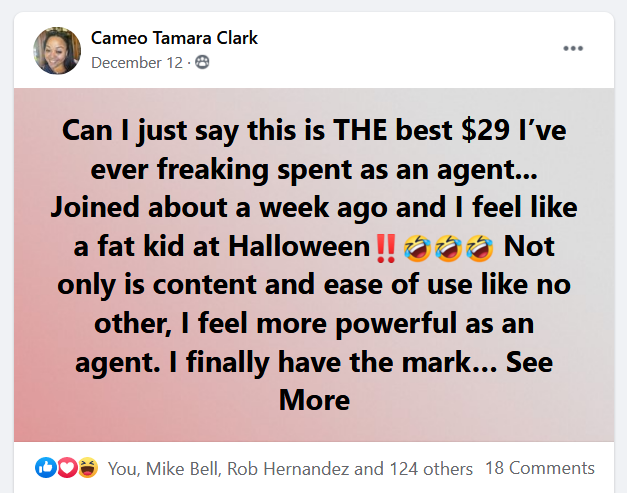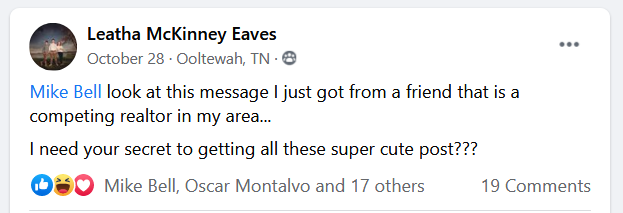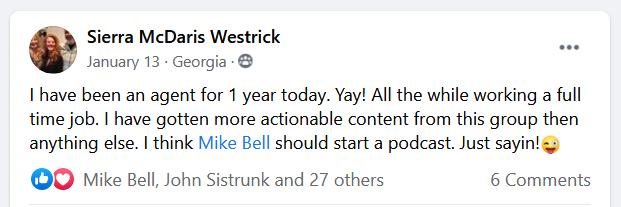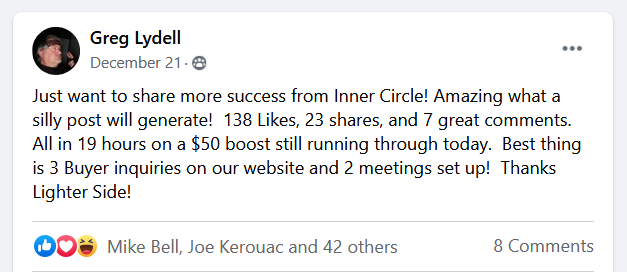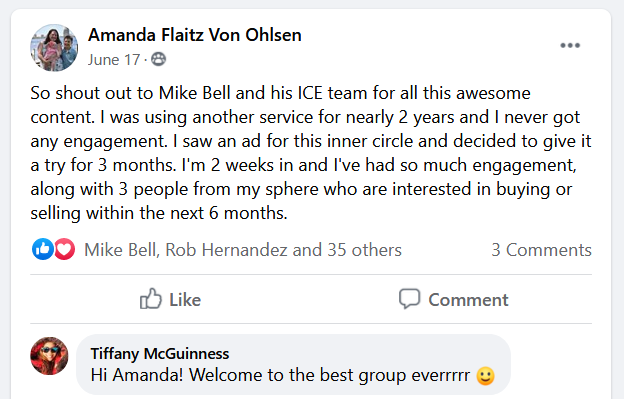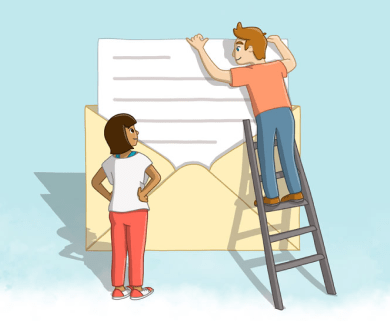
7 Ways To Post About Real Estate Without Boring Your Audience To Tears
Real estate agents need help with social media. I know, because I used to be one who needed it. I’m Mike Bell. If you’re not


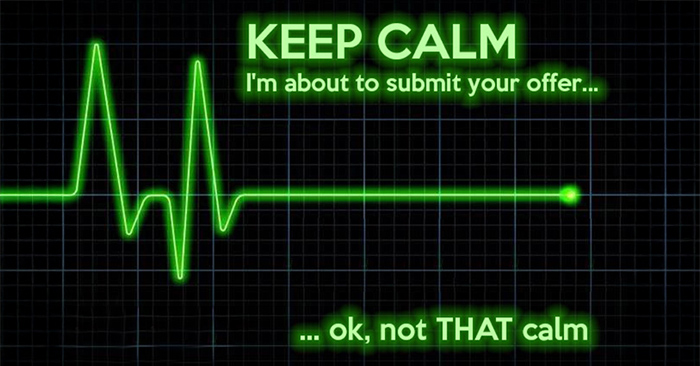
For many buyers, deciding what to offer on a home is one of the most nerve-wracking parts of the process. Buyers often find themselves wondering whether they should offer more or less than the asking price.
On one hand, buyers have always wanted to snag a home at the best possible price. Who wouldn’t love the satisfaction of getting a deal? On the other hand, in recent years, many buyers have grown accustomed to bidding wars and offering above asking price just to secure a property. It’s a tricky dance between those two instincts—saving money and winning the house—and it leaves many wondering: How much should I really offer?
Whichever camp you’re in, it’d be nice to have some cut and dry guidance on when you can come in lower, when you have to offer more than asking, and even some insight into how much above or below asking you should come in with your offer.
For instance, while this recent Realtor.com article about whether to offer below or above asking price might sound promising, unfortunately it isn’t the hard and fast answer you may be looking for. The advice basically boils down to:
All of that is true, but it doesn’t really provide the answer you may be looking for. That’s because there is no absolute answer.
While you should certainly listen to your agent’s insight and advice, it’s ultimately your decision how much to offer for a house. That’s why the best strategy is to find your “regret-free” number—the price that leaves you confident no matter what the outcome.
Your regret-free number is the amount you’re comfortable with in every possible scenario. It’s a price you won’t second-guess if the seller rejects your offer, and one you won’t regret if the seller accepts it. Achieving this balance requires careful thought and preparation.
Think of it this way: If the seller rejects your offer, will you wish you had offered more? If so, you haven’t hit your number yet. On the other hand, if the seller accepts your offer, will you feel uneasy about paying too much? That’s a sign you’ve gone too high. Your regret-free number sits in that sweet spot where you can confidently move forward, regardless of the seller’s response.
It’s easy to get swept up in the excitement (or frenzy) when you find a house you want to buy. Emotions can easily override logic, especially if you find yourself in a bidding war. But whether there is stiff competition or not, the amount you are willing to pay for the house should be determined by you, not by how many other buyers are making offers, or how much the seller wants.
Whether your final offer is above or below asking, determining your regret-free number for any particular house takes preparation, research, and a clear understanding of your financial limits. Here are some steps to guide you:
Deciding how much to offer on a home doesn’t have to be overwhelming. By focusing on your regret-free number—the amount you can commit to without second-guessing—you can approach the process with clarity and confidence. Do your homework, rely on your agent’s expertise, and stay grounded in both your financial and emotional priorities. At the end of the day, the right number isn’t just one that secures the house—it’s one that leaves you feeling at peace with your decision.
Partner with an agent who truly understands the local market. From the earliest stages of your search, they can educate you on property values and market trends, giving you the knowledge you need to make informed decisions. By preparing ahead of time, you’ll be able to approach offers with confidence—whether it means going above, below, or right at the asking price. The more you know upfront, the easier it becomes to navigate the process and find your regret-free number.
The Takeaway:
Deciding how much to offer on a home can feel daunting, but it doesn’t have to be. By understanding the market, doing your research, and setting a regret-free number, you can approach the process with confidence. Work closely with your agent, stay focused on your priorities, and remember that the goal isn’t to get the “perfect” deal—it’s to find a home you love at a price you’re comfortable with. When you do that, you’ll know you made the right decision.

(Shh, our secret)
Show your sphere your an expert. We have over 2100 articles covering every real estate topic your audience will love.
Position yourself as a real estate authority!
Real estate + topical events — the perfect match!
Become the bearer of good vibes!
Because hey, everyone loves to laugh!



Get our weekly email that makes communicating with your sphere on social actually enjoyable. Stay informed and entertained, for free.

Real estate agents need help with social media. I know, because I used to be one who needed it. I’m Mike Bell. If you’re not

As the saying goes, you shouldn’t judge a book by its cover. But when you’re hiring a real estate agent, it can be easy to
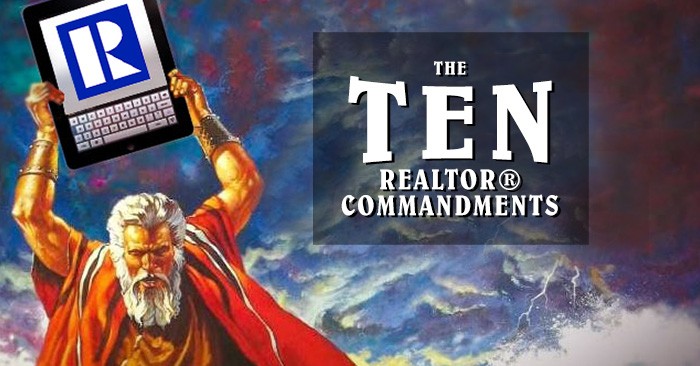
There are some things that you don’t want to learn by mistake. Not that I haven’t made some of these mistakes myself. But if I

“Let me know if you or anyone you know is thinking about buying or selling a house in the near future!” Sound familiar? Even if
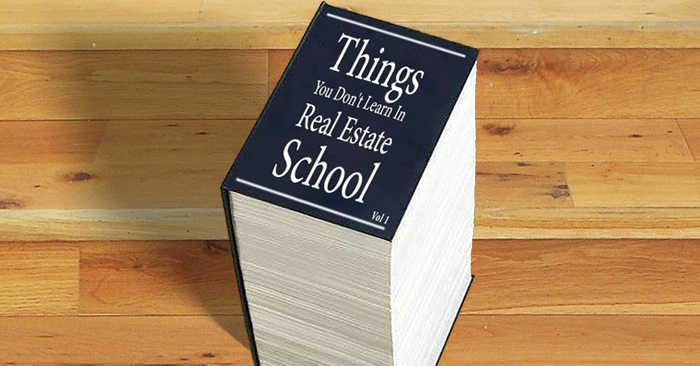
Most people looking for info on how to become a real estate agent are just wanting to learn how to get licensed and, ultimately, “hired”
Depending on your situation, it may not take the full 30 minutes.

This reset password link has expired. Check the latest email sent to you.
